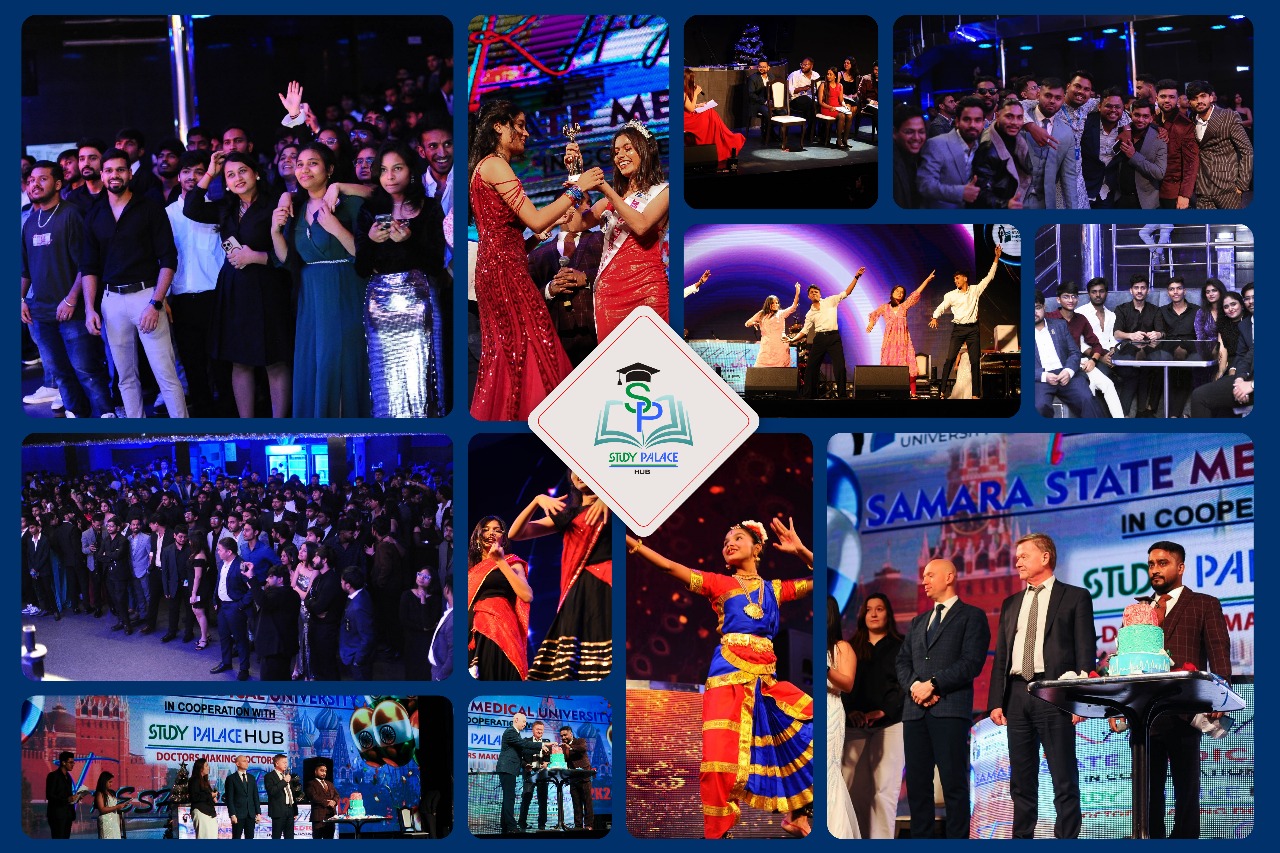Campus Facilities
Campus life for Indian students pursuing MBBS Abroad (especially in Russia) is a mix of academic rigor, cultural adaptation, and personal growth.
Hostels: Most universities provide affordable hostel accommodations (shared rooms, basic amenities).
Libraries & Labs: Well-equipped with medical books, dissection labs, and research facilities.
Sports & Recreation: Universities have sports complexes (gym, football, basketball) and student clubs.
Indian Food: Limited Indian mess/canteens, but students often cook together or rely on nearby Indian restaurants.


